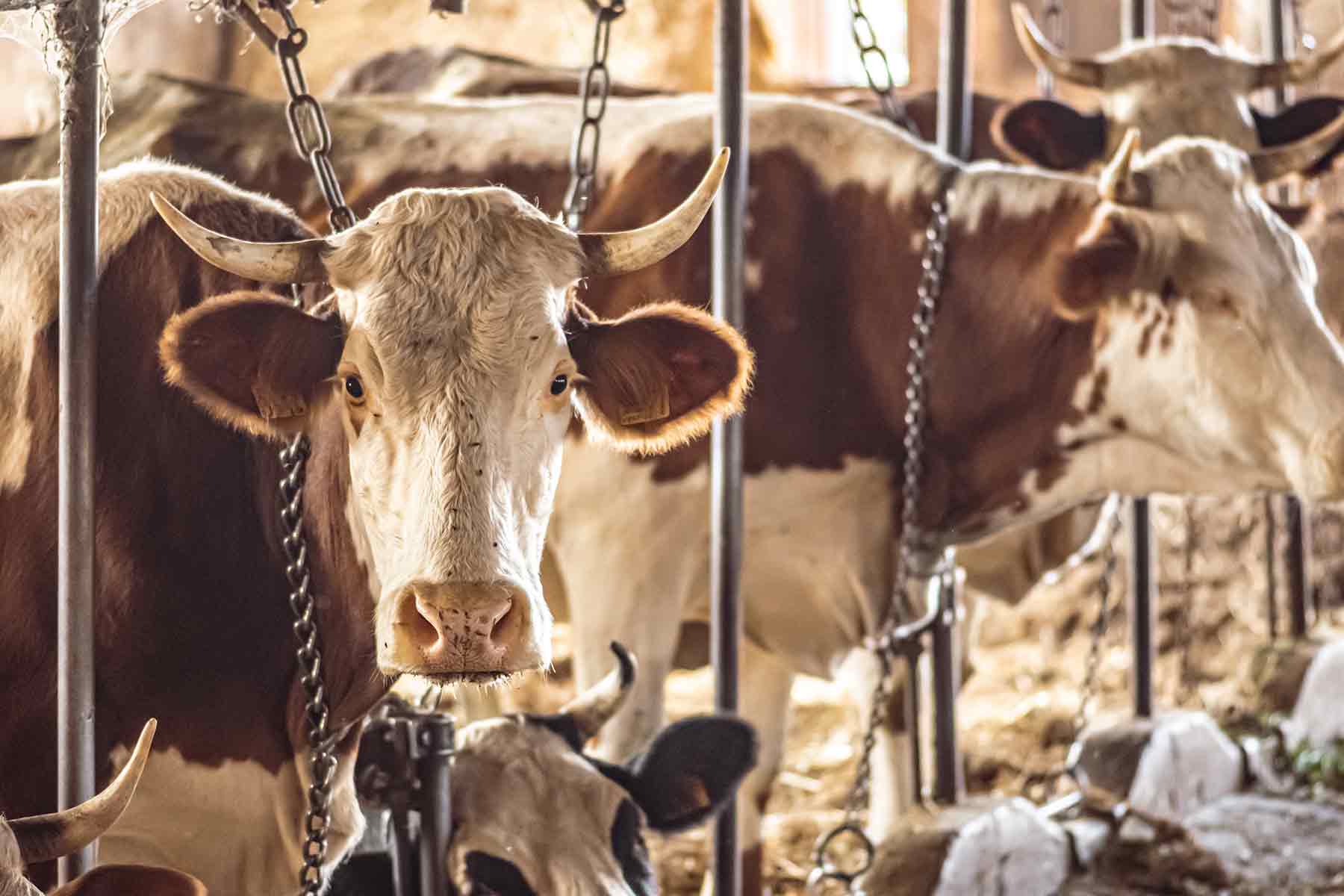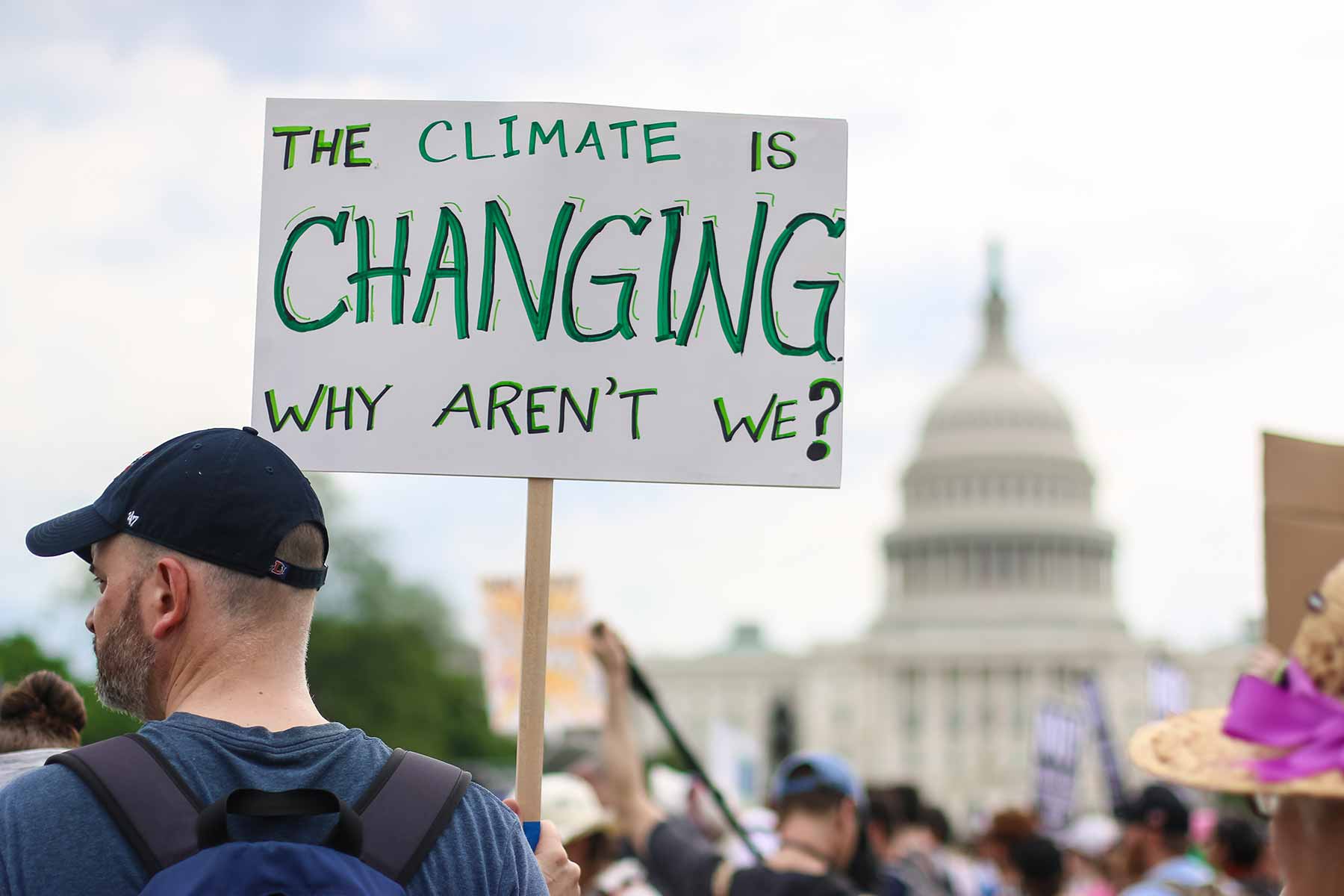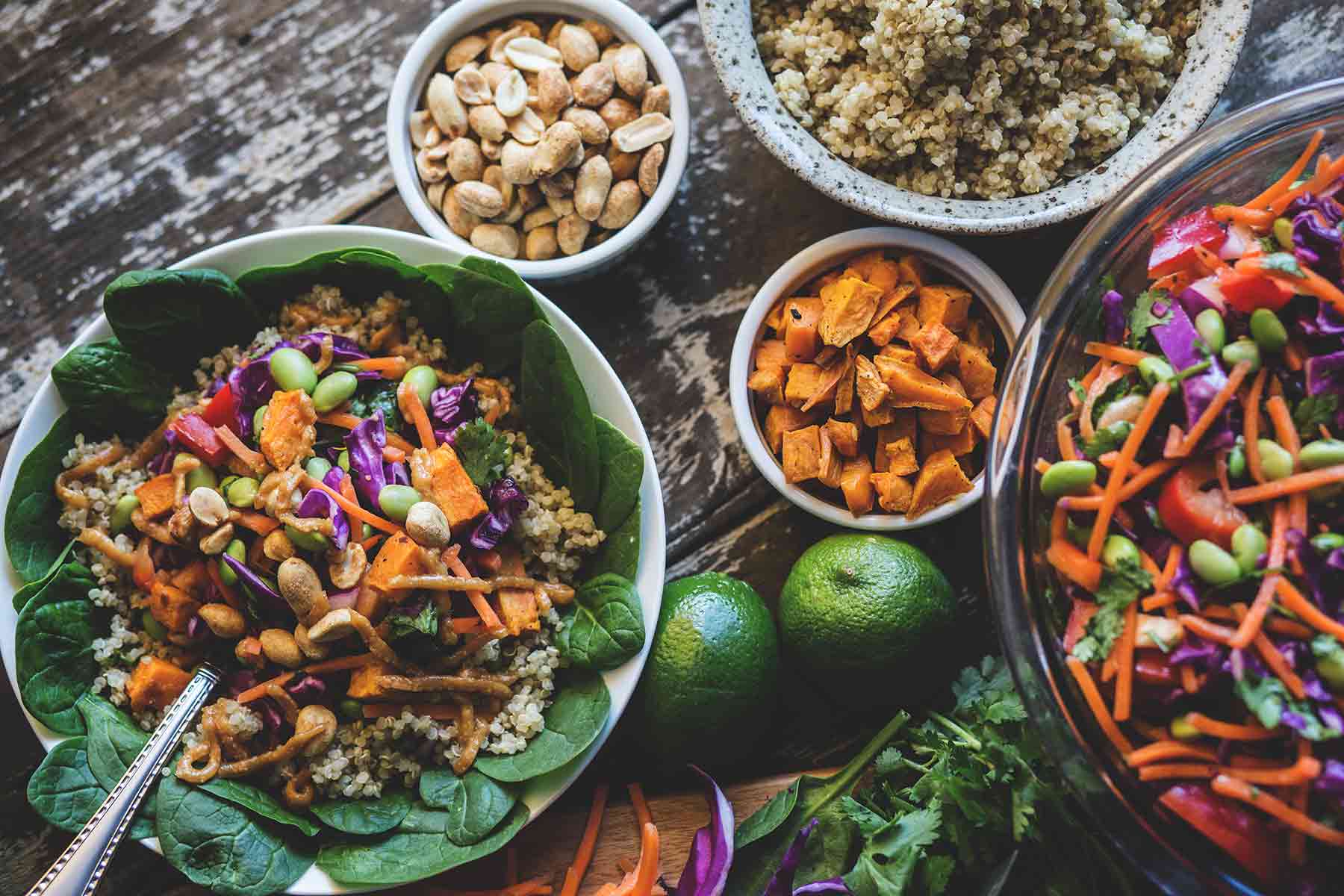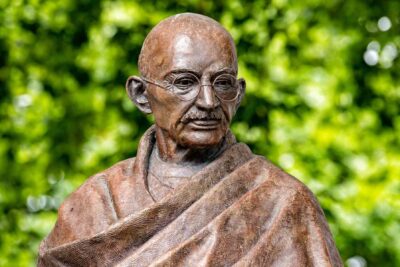On 2nd October, India celebrates the birth anniversary of Mahatma Gandhi, an iconic figure who championed the principles of non-violence, peace, and equality. This day is not only a commemoration of his life but also a reminder of the power of non-violent resistance and its impact on social and political change. Coincidentally, October 2nd also marks the International Day of Non-Violence, a global observance promoting the absence of violence and raising awareness about the power of peaceful solutions.
At its core, non-violence is about recognizing the inherent value and dignity of all living beings and striving to minimize harm and suffering. This philosophy aligns beautifully with the principles of veganism.
Embracing A Non-Violent Lifestyle
A vegan lifestyle is one that excludes anything that comes from an animal among food, clothing, and other lifestyle choices as a means to end animal suffering. At first glance, the link between non-violence and veganism may not seem obvious but when we dig deeper, we find compelling reasons for connecting the two.
Just as Gandhi’s philosophy of non-violence sought to promote harmony and understanding among humans, adopting a vegan lifestyle promotes a harmonious coexistence between humans, animals, the environment, and ultimately, within and among ourselves.
A vegan diet directly reduces violence towards animals. The factory farming system subjects billions of animals to horrific suffering and abuse. Cows, pigs, chickens, and other farmed animals live in cramped conditions, in ill health, and are denied their natural behaviors. Most farmed animals are slaughtered at a fraction of their natural lifespan. By avoiding animal products, vegans refrain from supporting these cruel practices. Studies show that adopting veganism spares the lives of around 105 animals per year.

Non-Violence to Our Planet
Secondly, veganism benefits the planet and helps sustain life on Earth. Animal agriculture is an environmental disaster, producing more greenhouse gasses than all transportation combined. It is the leading cause of deforestation, water pollution, species extinction and ocean dead zones. A worldwide shift to vegan eating would free up several million square kilometers of land and considerably reduce our carbon footprint. Choosing plant-based foods over meat and dairy is one of the best things we can do as individuals to lessen our impact on the planet.

Being Kind to Ourselves
Finally, a vegan lifestyle promotes human health and well-being. Diets centered around whole plant foods reduce the risk of major illnesses like heart disease, diabetes, and some cancers. Fruits, vegetables, nuts, grains, and beans are full of fiber, antioxidants, and beneficial plant compounds. On the other hand, animal products contain unhealthy saturated fats and cholesterol. Going vegan eliminates exposure to antibiotics, hormones, and other chemicals used in animal agriculture.

Ahimsa and Veganism
As we can see, the case for veganism closely aligns with the central tenets of non-violence — avoiding harm, nurturing life, and acting with compassion. When we extend the circle of our moral concern to include not just fellow humans but all living beings, veganism becomes the logical next step.
By putting non-violence into practice through our daily food choices, we take Gandhi’s legacy forward in a meaningful way.
By choosing veganism, we extend the spirit of non-violence to the animal kingdom, the environment, and our own well-being. In a world that often seems tumultuous, embracing non-violence through veganism is a way to create a better future — one choice at a time.



